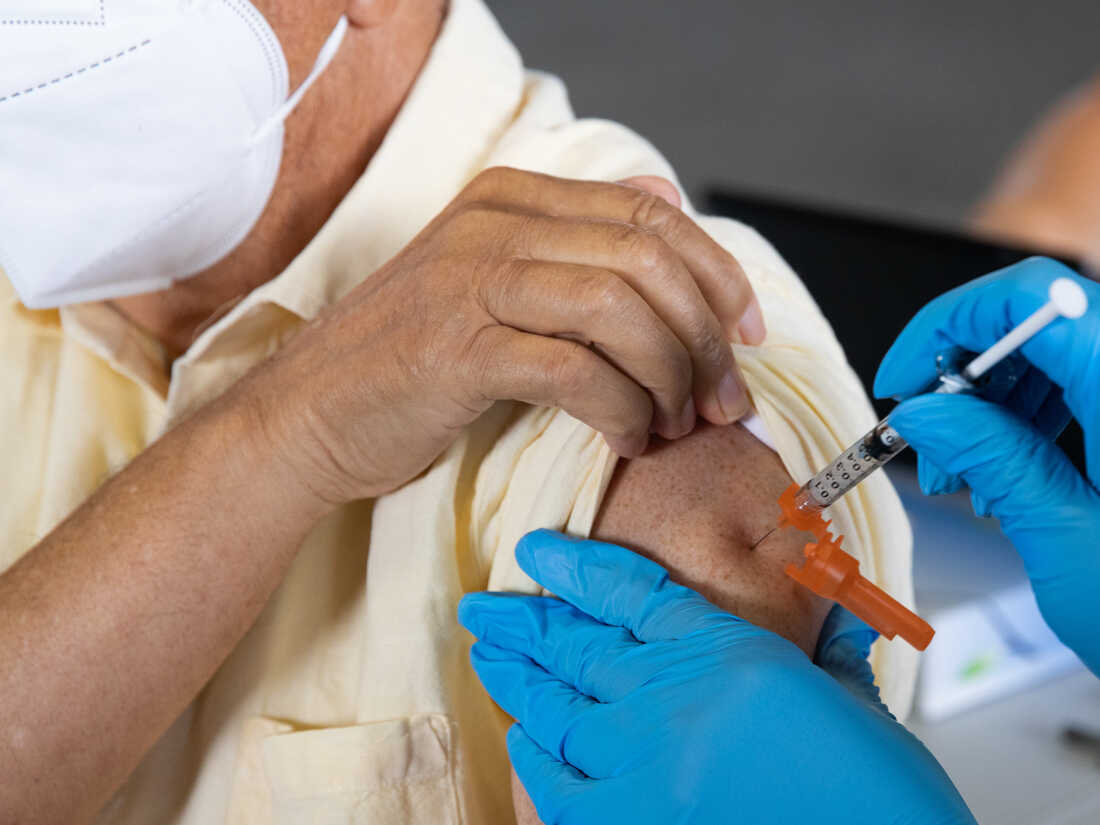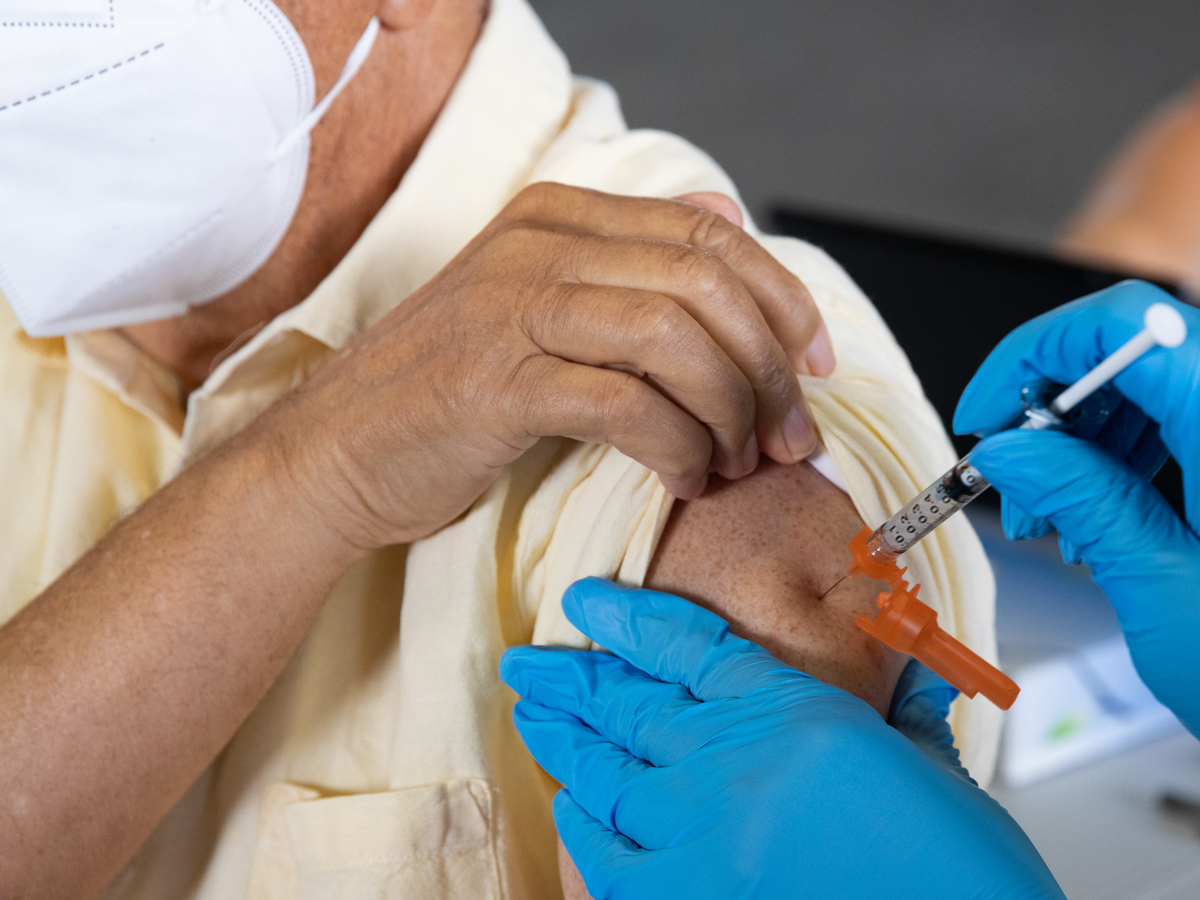
COVID booster shots are currently recommended for those 65 and up, as well as people who are immunocompromised. Emily Elconin/Getty Images hide caption

COVID booster shots are currently recommended for those 65 and up, as well as people who are immunocompromised.
Emily Elconin/Getty ImagesThe FDA Advisory Committee decided not to approve boosters for people sixteen and up. Instead, they made a recommendation for those 65 and up, or younger people at high risk to get a booster shot right now from Pfizer-Biontech.
In the meantime, boosters from Moderna and Johnson & Johnson are going through their own approval process.
Dr. Anthony Fauci told NPR that could happen in less than a month.
While the rest of the American population awaits boosters, vaccinations for children between 5 and 11 years old have are safe and effective according to Pfizer.
NPR's Allison Aubrey has been reporting on what has to happen first before we start seeing kids get vaccinated.
Email us at
This episode was produced by Lee Hale. It was edited by Brianna Scott and Fatma Tanis. Our executive producer is Cara Tallo.

 Live Radio
Live Radio